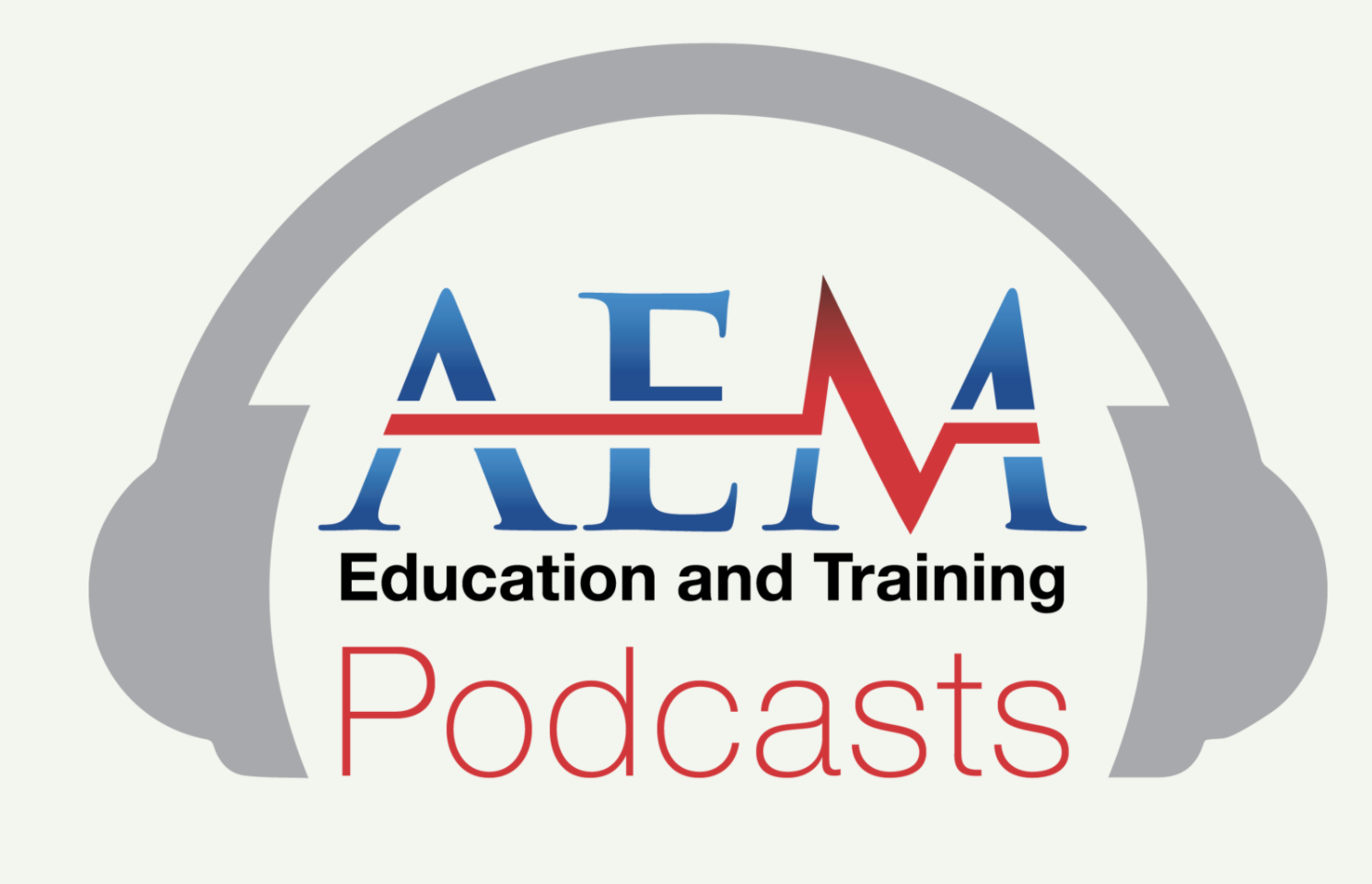AEM Education and Training 32: Implementation of Holistic Review into Emergency Medicine Residency Application Screening to Improve Recruitment of Underrepresented In Medicine Applicants
Welcome to the thirty second episode of the AEM Education and Training Podcast, a FOAMed podcast collaboration between the Academic Emergency Medicine Education and Training Journal and Brown Emergency Medicine.
Find this podcast series on iTunes here.
DISCUSSING:
W. Gannon Sungar DO, Christy Angerhofer, Taylor McCormick MD, Shanta Zimmer MD, Jeff Druck MD, Bonnie Kaplan MD, Jacqueline Ward-Gaines MD
LISTEN NOW: INTERVIEW WITH AUTHORS
W. Gannon Sungar, DO
Associate Program Director, Denver Health Residency in Emergency Medicine
Staff Physician, Denver Health Medical Center
Assistant Professor, Department of Emergency Medicine
University of Colorado School of Medicine
Twitter: @gannonsungar
Abstract
Introduction
Increasing the diversity of the emergency medicine (EM) workforce is imperative, with more diverse teams showing improved patient care and increased innovation. Holistic review, adapted from the Association of American Medical Colleges (AAMC), focuses on screening applicants with a balanced method, valuing their experiences, attributes, and academic metrics equally. A core tenet to holistic review is that diversity is essential to excellence.
Objective
Implementation of holistic review into the residency application screening process is effective at improving exposure to underrepresented in medicine (URiM) applicants.
Methods
After adjustment of our residency application screening rubric, improving our balance across the experience, attributes, and metrics domains, we conducted a retrospective cohort study comparing the representation of URiM applicants invited to interview, interviewed, and ranked by composite score compared to our previous primarily metric-based process.
Results
A total of 8,343 applicants were included in the study. Following implementation of holistic review, we saw an increase in the absolute percent of URiM applicants invited to interview (+11%, 95% confidence interview [CI] = 6.9% to 15.4%, p < 0.01), interviewed (+7.9%, 95% CI = 3.6% to 12.2%, p < 0.01), and represented in the top 75 through top 200 cutpoints based on composite score rank. The mean composite score for URiM applicants increased significantly compared to non-URiM applicants (+9.7, 95% CI = 8.2 to 11.2, p < 0.01 vs. +4.7, 95% CI = 3.5 to 5.9, p < 0.01).
Conclusion
Holistic review can be used as a systematic and equitable tool to increase the exposure and recruitment of URiM applicants in EM training programs.

